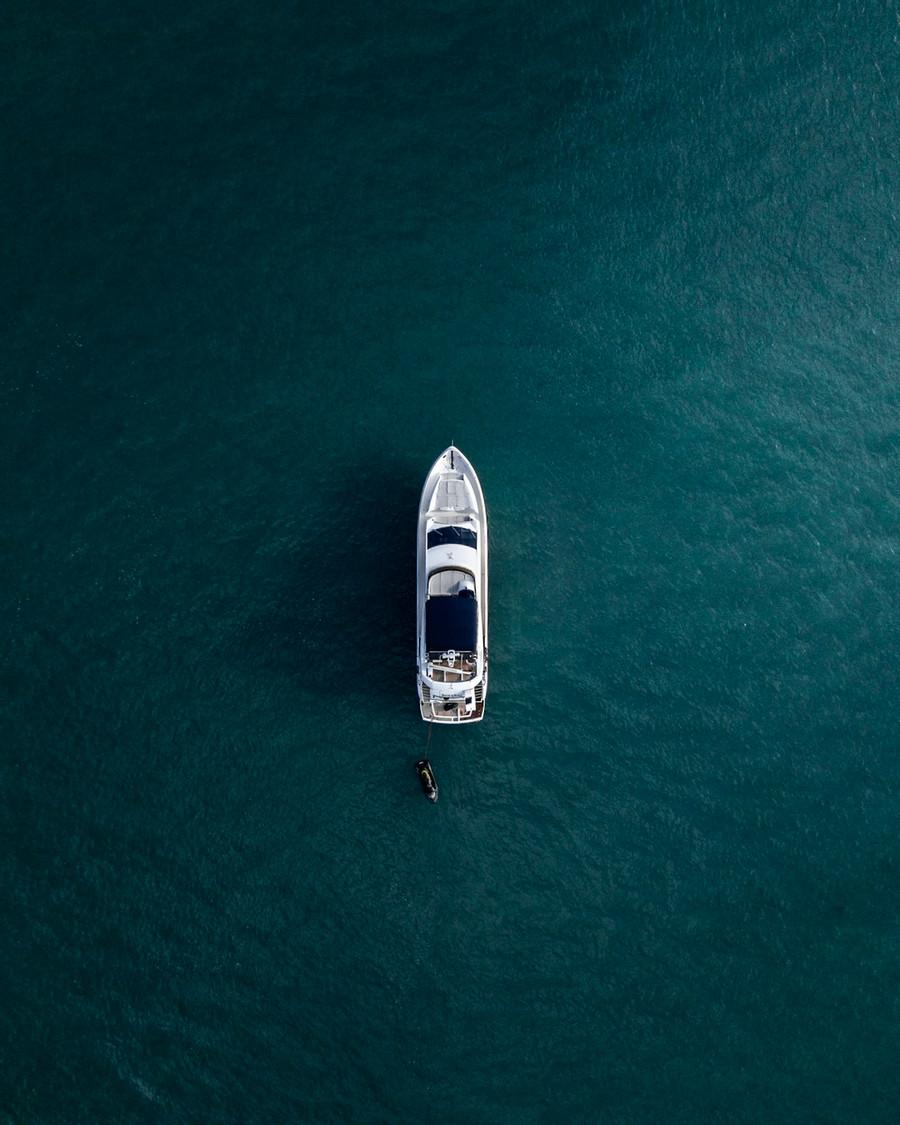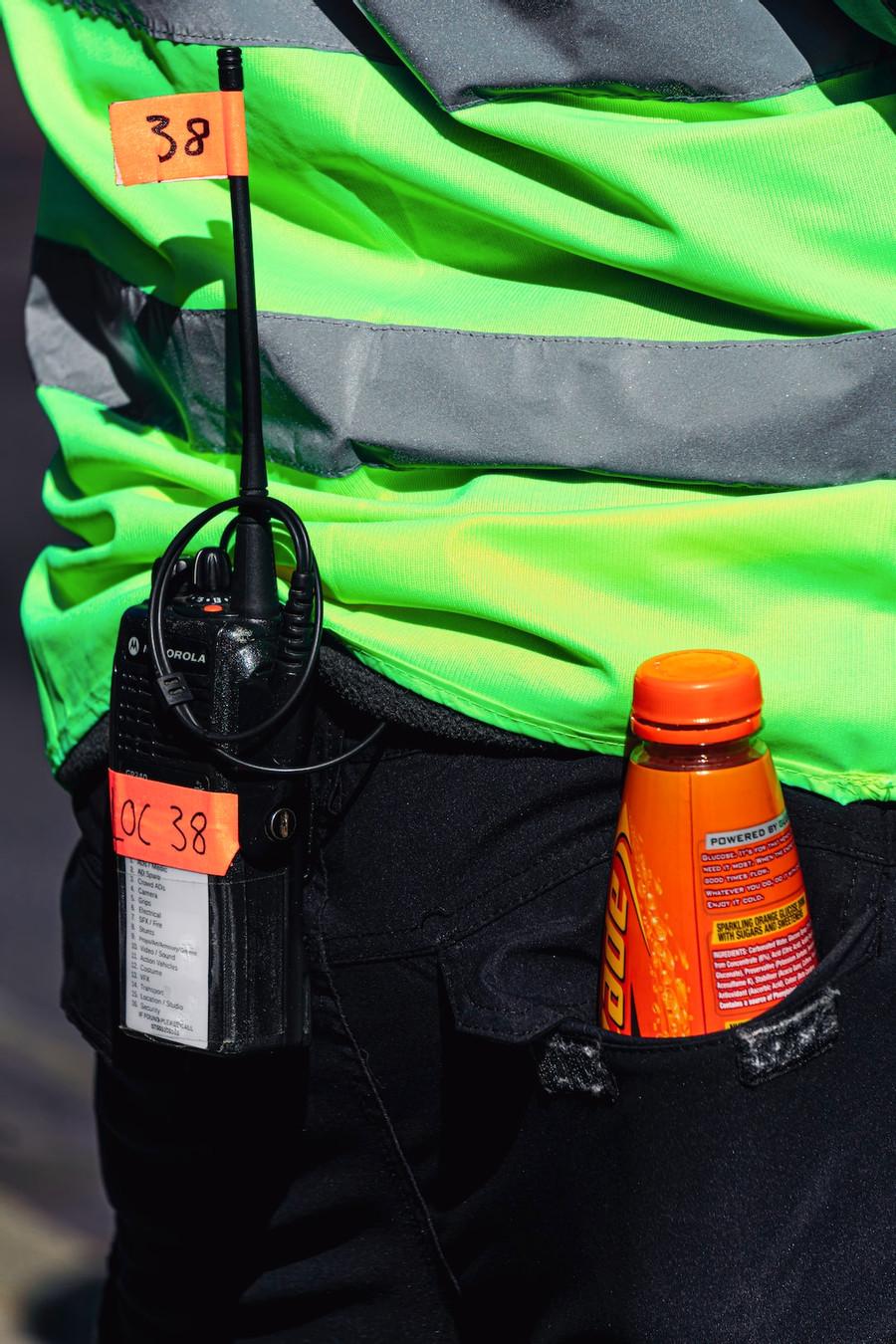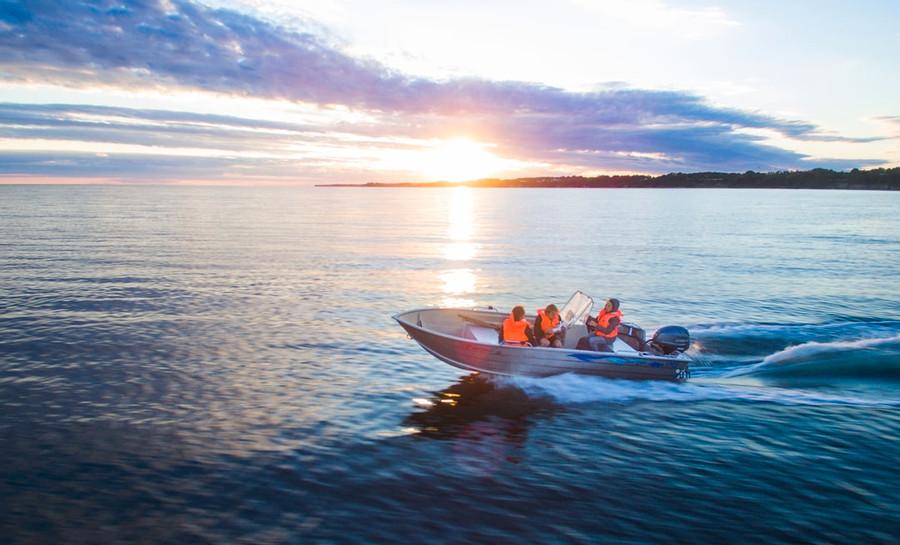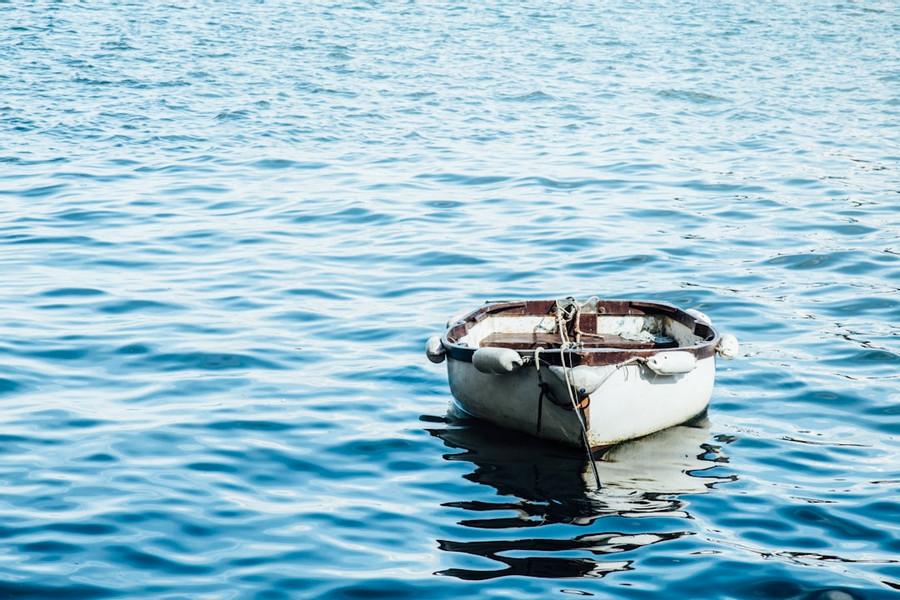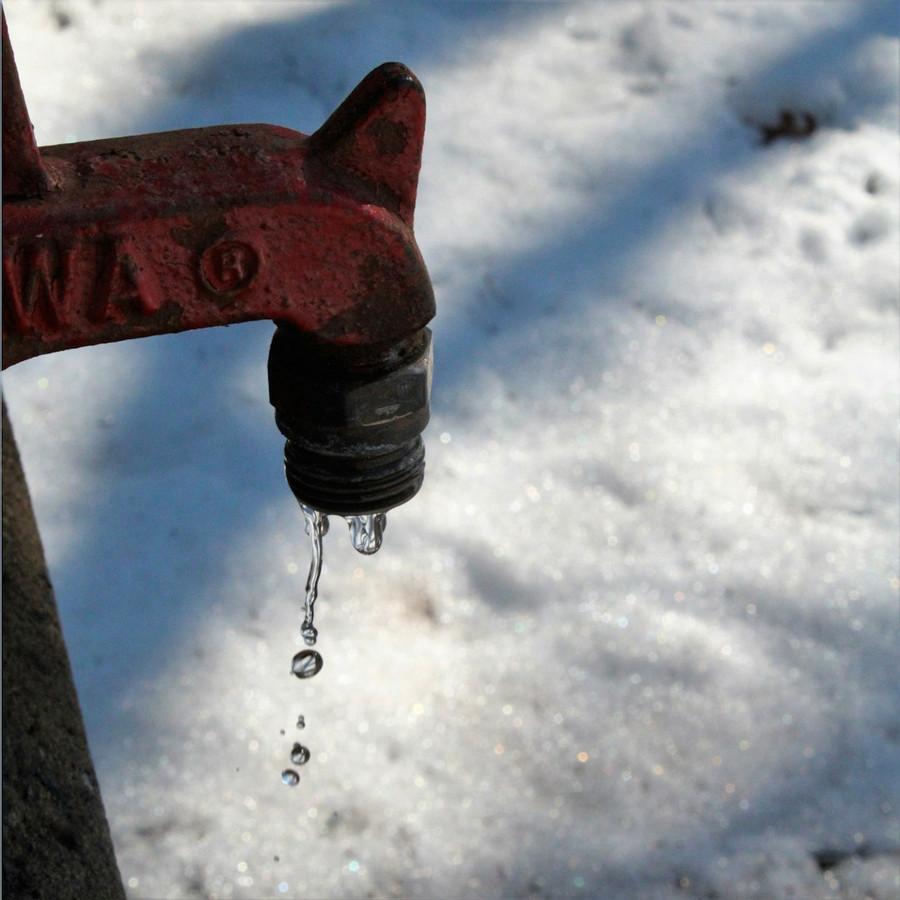What to do When Your Boat is Sinking
Curated from: jetdock.com
Ideas, facts & insights covering these topics:
7 ideas
·2.27K reads
11
1
Explore the World's Best Ideas
Join today and uncover 100+ curated journeys from 50+ topics. Unlock access to our mobile app with extensive features.
What To Do If You Are On A Sinking Boat
One of the worst things that can happen during a boat outing is your vessel taking on water or worse, capsizing. So many things can go wrong on the water and at some point during your boating career you may be faced with the hard truth of a sinking boat. Maybe you hit a large wave, resulting in water crashing in or you’ve sprung a leak somewhere. Regardless of why your boat is taking on water, it’s important to know what to do and how to handle the situation. Here are some life-saving tips that can help you deal with a sinking boat.
12
353 reads
Wear A Life Jacket
If you don’t already have your life jacket on, make sure that yours is secure and ensure that everyone else does the same. It’s important to make sure that you put your jacket on first before you help anyone else. Make sure that your boat has enough life jackets and ones that fit appropriately. If there are children on board, be sure that they have properly fitting life jackets.
10
338 reads
Put In A Distress Call
Every boat should be equipped with an emergency VHF radio. They’re inexpensive and should be a requirement for any safe boater. When making your distress call, speak clearly and slowly. Be sure to announce the name of your vessel along with your coordinance, and a description of the emergency. It’s a good idea to give a description of your watercraft as well for when help arrives. Wait 10 seconds for a reply before repeating your distress.
11
331 reads
Find And Plug The Leak
If you're sinking boat isn’t caused by a crashing wave, there is likely a leak. Use old towels, seat cushions, or extra clothes aboard to plug a leak in the hull. Depending on what kind of boat you have and which side the leak is on, you can try to tilt the hole above the water by moving everything and everyone to the opposite side. This can slow or even prevent additional flooding.
If you discover a burst hose, check to see if you are able to close the seacock to prevent additional water from flooding the deck.
10
325 reads
Use Bilge and Crash Pumps
Your last line of defence when your boat is taking on water is to disconnect the engine’s intake hose and drop it in the bilge, causing the water levels to drop. Be sure to throttle back so you do not overheat the engine. Make sure you have thoroughly read your owner's manual before heading out on the water.
12
340 reads
Tips And Further Advice
- Head Back to Shore: Regardless of how far offshore you are, start heading back to land. Get as close to shore as possible, avoiding high surf and large jagged rocks that could make things worse.
- Take Necessary Supplies: When it’s time to call it quits and sinking is inevitable, don’t forget to take some important supplies with you. If possible, grab the emergency radio, a cell phone, food, and water. Keep waterproof bags aboard to help protect your supplies.
11
307 reads
Tips for Preventing Leaks
It’s important to know that no matter how much you prepare, accidents happen and situations can get out of control quickly. However, to prevent leaks and cracks in the hull, it’s important to perform regular maintenance on your boat. Properly store your boat out of the water on a boat lift when not in use. During off season months or period of prolonged inactivity, winterize and store your boat indoors. Be sure to check the hull regularly for any corrosion or possible cracks that can be quickly taken care of.
10
285 reads
IDEAS CURATED BY
Arthur Johnson's ideas are part of this journey:
Learn more about travel with this collection
Basic survival skills
How to prioritize needs in survival situations
How to adapt to extreme situations
Related collections
Similar ideas
12 ideas
How to Prepare Your Home for an Emergency, According to Experts
goodhousekeeping.com
2 ideas
Why Is 'Mayday' the International Distress Call?
science.howstuffworks.com
Read & Learn
20x Faster
without
deepstash
with
deepstash
with
deepstash
Personalized microlearning
—
100+ Learning Journeys
—
Access to 200,000+ ideas
—
Access to the mobile app
—
Unlimited idea saving
—
—
Unlimited history
—
—
Unlimited listening to ideas
—
—
Downloading & offline access
—
—
Supercharge your mind with one idea per day
Enter your email and spend 1 minute every day to learn something new.
I agree to receive email updates

